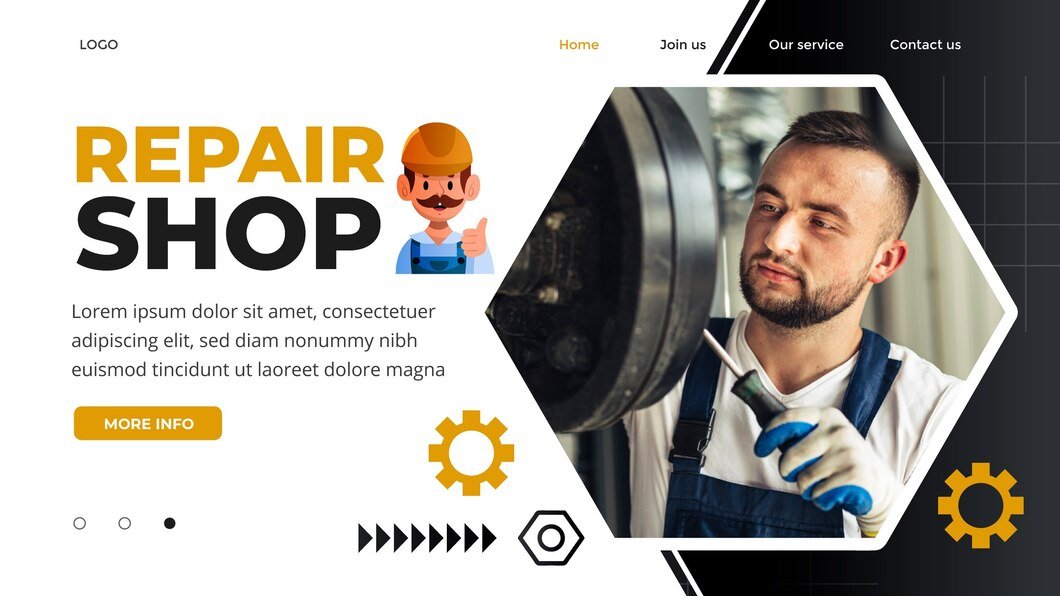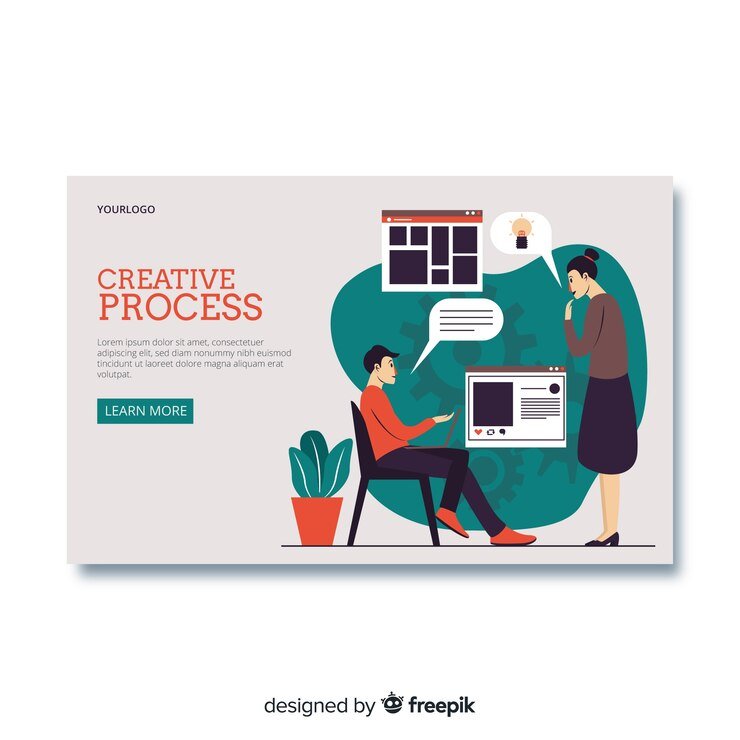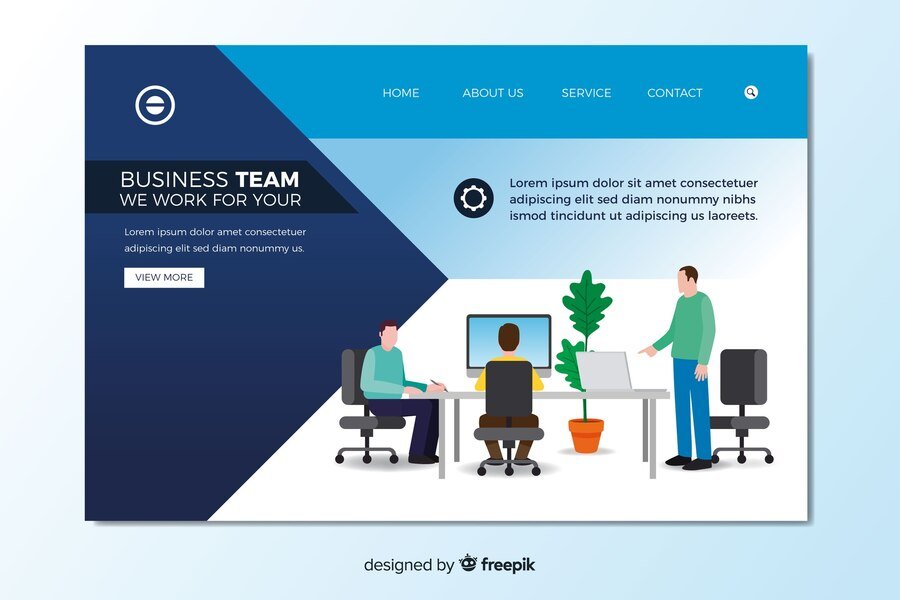Employee Retention: A Key Challenge Across Industries
For employers in every industry, keeping employees is a big challenge. In 2023, 66% of HR professionals said that employee retention is their top priority. This issue is even more serious for healthcare companies, where turnover rates for some jobs can be as high as 35%.
Keeping caregivers is hard. Burnout in healthcare is high, and the job is often low-paying and stressful. A better employee experience and smart branding can help retain caregivers.
Here are 4 ways to create a workplace that helps you keep your best caregivers.
The Problem with High Turnover
High turnover can lower employee morale, reduce productivity, and lose important knowledge. In healthcare, turnover is especially high. One report found that in a year, the attrition rate of registered nurses was 27.1%, certified nursing assistants 35.5%, and nurse practitioners 15.3%.
For small home care agencies, such high turnover can disrupt operations and harm client care. Here’s how to reduce caregiver attrition.
1. Compete with Benefits Packages
Keeping caregivers isn’t just about base pay. Many employers attract talent with benefits and perks.
Some in-demand benefits include:
Flexible Schedules: Caregivers need to balance work and life. Offer job-sharing, compressed work weeks, and other flexible options.
Remote Work: While healthcare jobs are often in-person, some agencies offer telehealth services or allow remote administrative work.
Financial Wellness Programs: Help employees manage money, prepare for emergencies, and save for the future.
Mental Healthcare: A 2023 survey found 92% of workers want employers to care about their emotional health. This is crucial for caregivers, whose jobs can be very stressful.
Career Growth Opportunities: Offer training and advancement opportunities. A Pew Research Center survey found 63% of workers who quit in 2021 did so due to a lack of advancement opportunities.
2. Show Employees the Impact of Their Efforts and Reward Good Work
Caregiving can be fulfilling, but staff may not always see the impact of their work or feel appreciated.
Employee Recognition Program: Set up a formal program to recognize good work.
Informal Recognition: Send supportive emails and give verbal praise to make employees feel valued.
Client Feedback: Share positive client feedback with your caregivers.
3. Be on the Lookout for Burnout
Caregiving is tough, especially in end-of-life care, which can deeply affect mental wellbeing.
Burnout can lead to poor performance and high turnover, and in healthcare, it can harm client outcomes. Watch for:
- High employee stress
- Irritability
- Poor work performance
- Weak work-life balance
4. Foster a Healthy Work Culture
Creating a positive workplace is key to retaining staff.
Core Values: Establish values that guide your business and employment decisions.
Clear Expectations: Set clear performance goals so employees know how to earn promotions and raises.
Conduct Guidelines: Ensure employees engage respectfully and supportively with each other.
Team Building: Bring staff together to build relationships and encourage teamwork.
Keep the Pulse of Your Caregiver Staff
Industry leaders at Home Care Marketing Pros can help you design programs to retain your best caregivers, maintain morale, and improve client outcomes. The same technology that improves client retention can enhance caregiver retention too. Book a demo of our CareFunnels platform to learn more.
Conclusion
Employee retention is a critical issue for all industries, especially in healthcare where turnover rates are alarmingly high. By offering competitive benefits, recognizing employee efforts, watching for burnout, and fostering a healthy work culture, employers can significantly improve caregiver retention. Implementing these strategies not only enhances employee satisfaction but also ensures better care for clients. Partnering with experts like Home Care Marketing Pros can further help design effective retention programs. Investing in your caregivers is an investment in the success and stability of your organization.








